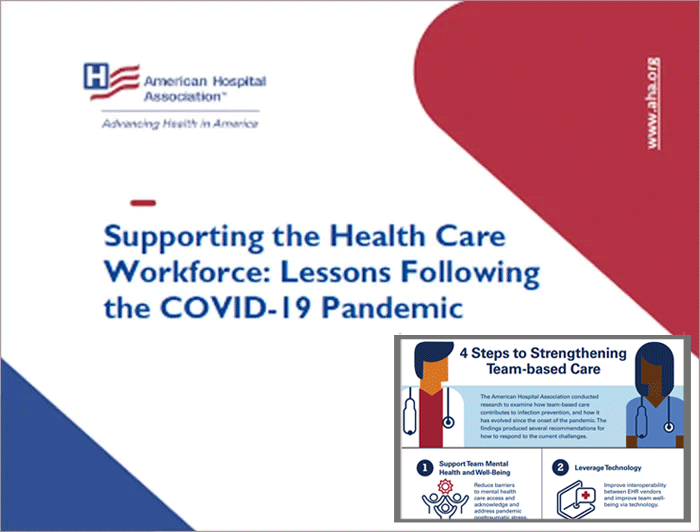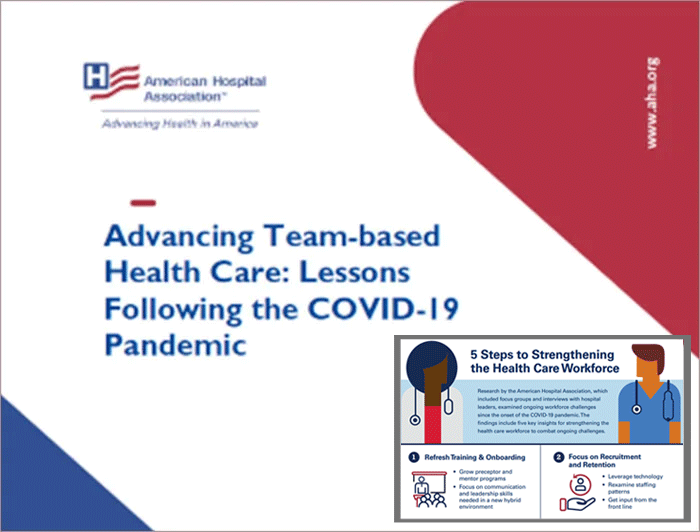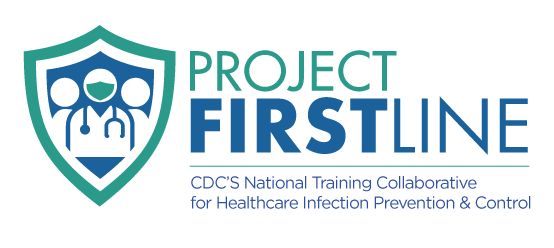
Infection Control Involves the Entire Workforce
Supporting Current and Future Workforce Teams in Driving Improved Infection Prevention
Developing strong and functional health care teams through training, education and practice is key to successful infection prevention and control. Community colleges play a critical role in the health care workforce development pathway, training more than half of all new allied health professionals nationally. The following resources were developed for faculty, preceptors, health educators, infection preventionists, and others responsible for training others on infection prevention and control as well as serving as a refresher course for current team members.
Essentials for Teaching Infection Control
This series includes five short videos (8-16 minutes each) on specific infection control principles, and an accompanying instructor’s manual on how these videos can be used in trainings and curricula.

Introduction to Infection Prevention

Source Control In Healthcare

Hand Hygiene

Personal Protective Equipment

Ventilation in Health Care
Resources

Health Care Training Programs in Community Colleges
This landscape study of health care training programsdeveloped by the Community College Research Center highlights the role community colleges play in training health care workers. The accompanying database helps hospitals and health systems understand the current allied health professional pipeline in their communities and opportunities for strengthened partnerships to meet workforce needs.

Supporting the Health Care Workforce: Lessons Following the COVID-19 Pandemic
This white paper shines a spotlight on the implications of current workforce shortages on staff training and onboarding, recruitment and retention, infection prevention and control, mental health and well-being, and workplace violence, and offers recommendations to strengthen the health care workforce.

Advancing Team-based Health Care: Lessons Following the COVID-19 Pandemic
This white paper summarizes current literature and input gathered from focus groups of health system leaders and offers hospitals, educational institutions, governmental organizations and national associations multifaceted recommendations to support the advancement of team-based care.



